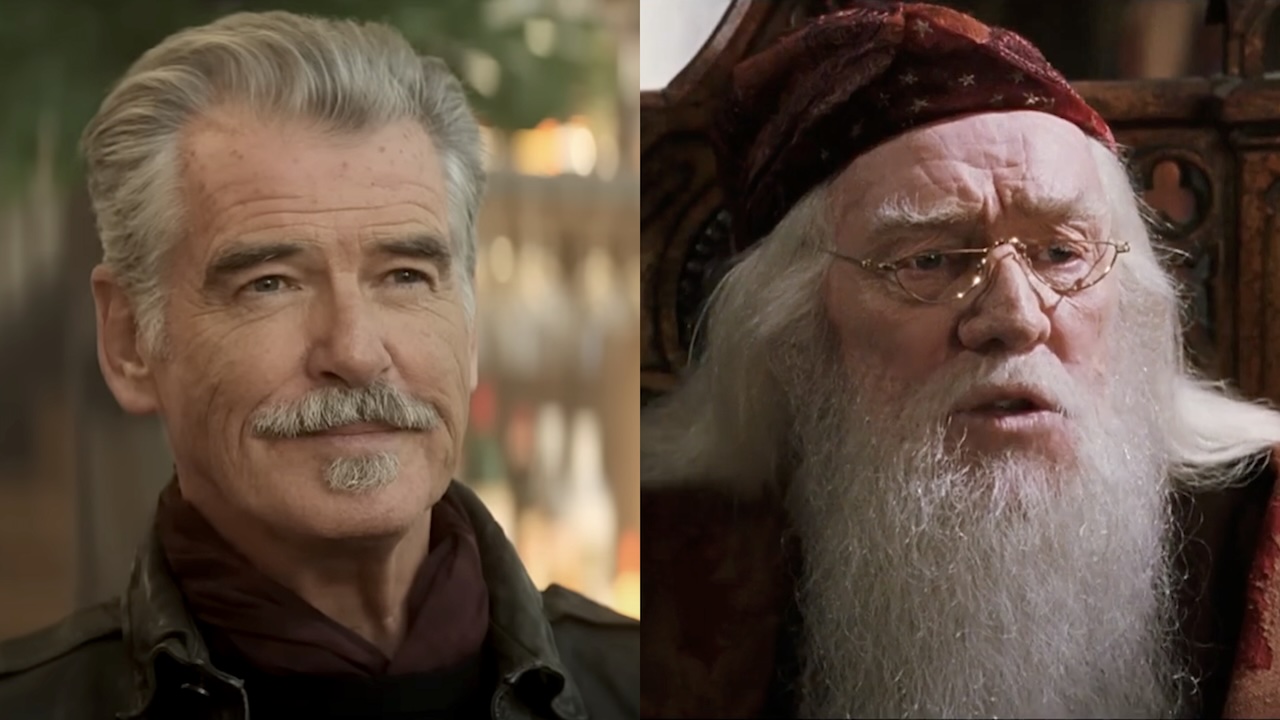Fleet and thrilling and as boundlessly energetic as its hero, The Adventures of Tintin: Secret of the Unicorn is Steven Spielberg's most purely joyful film in at least a decade. Using motion capture animation as an opportunity to push his action filmmaking skills past impossible limits, Spielberg puts together a rousing adventure that's almost pure action, but without feeling bombastic or wearying. Like a Mission: Impossible or James Bond movie it's really just a story about two guys chasing some pieces of paper across the globe, but like any good adventure, it's not where you wind up but how you get there that counts-- and Tintin makes every minute of that journey worthwhile.
Even American audiences not at all familiar with the original Belgian comic strip by Herge should have no trouble getting on board with Tintin, which swiftly introduces its titular hero (Jamie Bell) as he buys an old model ship that happens to contain the key to finding a long-sunken treasure. We learn in passing that he's a journalist with a number of solved mysteries behind him, but the film wastes little time in exposition before Tintin is being hunted down by the villainous Sakharine (Daniel Craig), who wants that treasure too. It turns out the ship-- which is the Unicorn of the title-- belonged to the ancestor of Captain Haddock (Andy Serkis), a drunkard sea captain who lives up to none of the potential of his famous name. With a little convincing he joins Tintin on a global journey to hunt down the treasure, and even without knowing the history of the comics, it feels like the start of a beautiful friendship.
The showstopper action sequence comes near the end, a six-minute unbroken taken of Tintin on his motorbike, careening down a winding hill in pursuit of that crucial piece of paper. It's breathtaking even without considering the motion capture element, and a perfectly executed rejoinder to modern action scenes that lack all sense of geography or physics. Nothing quite tops that high point, but Tintin is sprinkled with a lot of similar pleasures, scenes in which the action goes in all kinds of unlikely directions, and our plucky hero and his drunk companion come up with inventive ways to get themselves out of pickle after pickle. There's the champagne corks deployed as projectiles, the alcoholic's belch used to fuel a plane, the tiny terrier Snowy who tames the fearsome Rottweiler, the decoy lifeboat that saves our heroes… Tintin is a deeply old fashioned hero who uses nothing but wit and naive enthusiasm to make it through life, but he's got more than enough smarts to get away with it.
A lot of the movie's wit comes from the trio of screenwriters who each have remarkable credits to their names-- Steven Moffat (BBC's Sherlock and Doctor Who), Edgar Wright (Scott Pilgrim vs. the World, Shaun of the Dead) and Joe Cornish (this year's Attack the Block) of story beats, of jokes that work, and even of the myriad side characters who pop in for exactly the right amount of time (Simon Pegg and Nick Frost's Thompson Twins are especially goofy highlights). But Spielberg is also clearly at play, diving into Tintin's exploring, energetic spirit and reconnecting with the sly filmmaker we met in Jaws. Tintin doesn't have the emotional wallop we all know Spielberg is capable of, but it is surprisingly sweet-- Tintin is an evergreen character who experiences no emotional change, but Haddock's efforts to rise to his potential pay nice dividends in the end. With the ability to minutely control everything in the motion capture, and a hero who has an endlessly optimistic spirit without being a dullard, Spielberg captures some of the purest feelings of joy you can get at the movies.
Staff Writer at CinemaBlend












